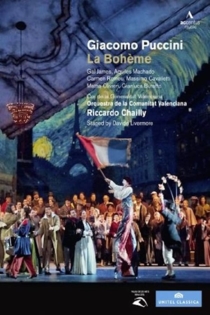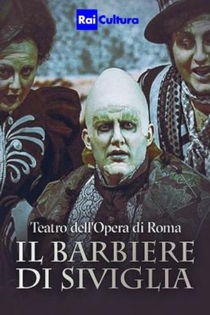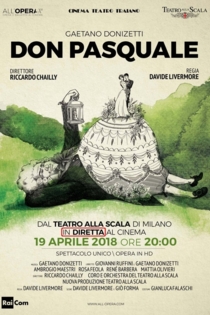
Davide Livermore
2021Demetrio E Polibio
Davide Livermore
María José Moreno, Victoria Zaytseva
The work was given its first performance in Rome in 1812. It is still unclear whether Rossini was 14 or 18 when he wrote it; what is beyond doubt, however, is the anticipation of great things to come. The libretto is a far-fetched tale of feuding kings, mistaken identities, disguises and cruel fates typical of the late 18th-century opera seria. Young stage director Davide Livermore, heading a production of the Accademia di Belle Arti di Urbino, turns the libretto into a ghost story, setting the action behind the stage of an opera house, when everyone has left and all that remains are the spirits of an opera that yearns for the breath of life much like the practically forgotten Demetrio e Polibio itself.
Demetrio E Polibio
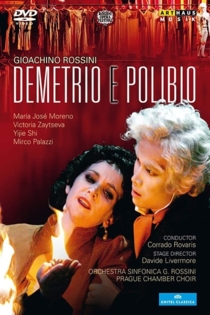
Ciro in Babilonia
Davide Livermore
Michael Spyres, Ewa Podleś
The Biblical story of Belshazzar's hubristic arrogance, set against the valour of the young warrrior-leader Cyrus, provided the 20-year-old Rossini with a dramatic story enriched by West-Eastern implications which still speak to us today. For the title role of Cyrus, Rossini wrote what would be his longest-ever contralto role, to which the great Rossini singer Ewa Podles´ is both naturally attracted and ideally suited. She is partnered by two young stars of Rossini singing, Jessica Pratt and Michael Spyres, and a conductor-scholar, Will Crutchfield, of great experience and sympathy. Filmed in High Definition and recorded in true Surround Sound.
Ciro in Babilonia
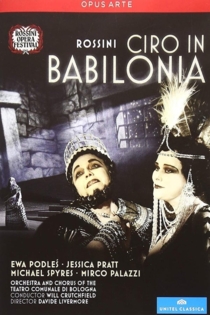
Luisa Fernanda
Davide Livermore
Yolanda Auyanet, Javier Franco
With this new production by the Teatro de la Zarzuela, the Italian stage director Davide Livermore and the British musical director Karel Mark Chichon show us a series of pictures of customs that shine through in Luisa Fernanda.
Luisa Fernanda

La Boheme
Davide Livermore
Gal James, Aquiles Machado
The musical notes of this Puccini masterpiece provide the starting point and foundation for a new, highly successful collaboration between Riccardo Chailly and Davide Livermore. In their interpretation, there is “no moment, no movement, that goes against the musical meaning” (R. Chailly). The result is an energetic, authentic, and atmospherically strong Bohème, “in which every sacred phrase receives its own orchestral colour, its own dynamic and its own expression.” (Corriere della Sera)
La Bohème
